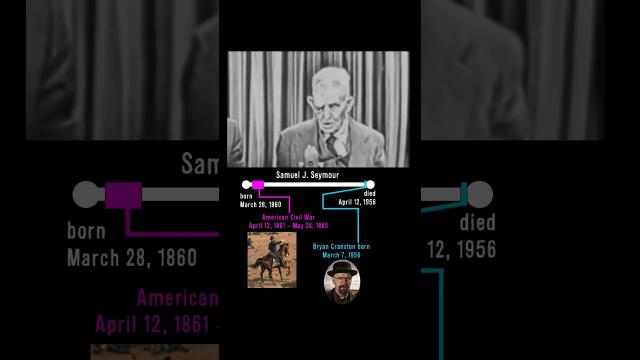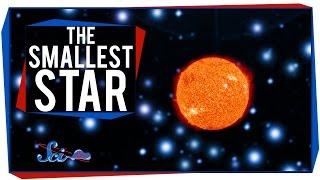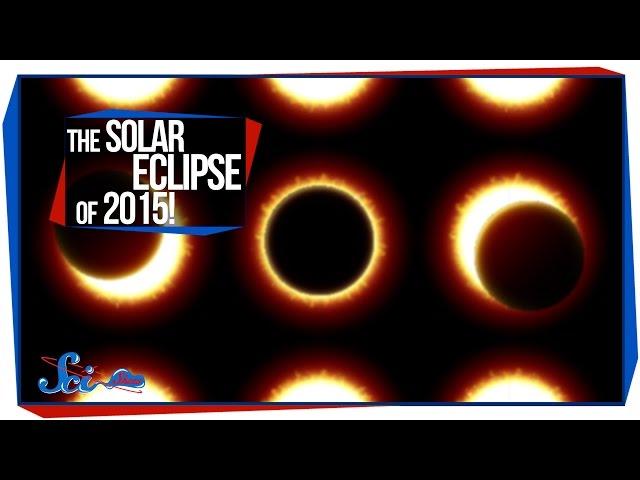Time Travel, Teleportation & Science
Time travel is the concept of moving between different points in time in a manner analogous to moving between different points in space, generally using a theoretical invention, namely a time machine. It has a commonly recognized place in philosophy and fiction, but has a very limited application in real world physics, such as in quantum mechanics or wormholes.
Although the 1895 novel The Time Machine by H. G. Wells was instrumental in moving the concept of time travel to the forefront of the public imagination, The Clock That Went Backward by Edward Page Mitchell was published in 1881 and involves a clock that allowed three men to travel backwards in time.[1][2] Non-technological forms of time travel had appeared in a number of earlier stories such as Charles Dickens' A Christmas Carol. Historically, the concept dates back to the early mythologies of Hinduism (such as the Mahabharata), Buddhism, and Islam through ancient folk tales. More recently, with advancing technology and a greater scientific understanding of the universe, the plausibility of time travel has been explored in greater detail by science fiction writers, philosophers, and physicists.
Teleportation, or Teletransportation, is the theoretical transfer of matter or energy from one point to another without traversing the physical space between them. It has a commonly recognized place in science fiction literature, film, and television, but as yet has a very limited application in real world physics, such as quantum teleportation or the study of wormholes.
Science (from Latin scientia, meaning "knowledge") is a systematic enterprise that builds and organizes knowledge in the form of testable explanations and predictions about the universe. In an older and closely related meaning, "science" also refers to a body of knowledge itself, of the type that can be rationally explained and reliably applied. A practitioner of science is known as a scientist.
In modern usage, "science" most often refers to a way of pursuing knowledge, not only the knowledge itself. It is also often restricted to those branches of study that seek to explain the phenomena of the material universe.
Source : Wikipedia
-
02:00

The science of cornstarch and water
Added 295 Views / 0 LikesWhen you mix cornstarch and water, weird things happen. Sometimes it acts like a liquid and sometimes it acts like a solid. Now, a team of MIT engineers have developed a mathematical model that can accurately predict this material's behavior under various
-
03:54

The Science of Rage: Science Friction Ep 12
Added 951 Views / 0 LikesAnger is typically described as something negative, an emotion that will hurt you, but evolution would have selected against anger if it didn't serve an important purpose to human beings. The latest episode of Science Friction heads to New York Comic Con
-
05:42

The Science of Seduction: Science Friction Ep 20
Added 1,005 Views / 0 LikesFind out the science behind pheromones and the power of attraction in this special Valentine's Day episode of Science Friction. Can we be seduced and manipulated by the opposite sex just as Poison Ivy does Batman? There's only one way to know for sure. Ch
-
01:26
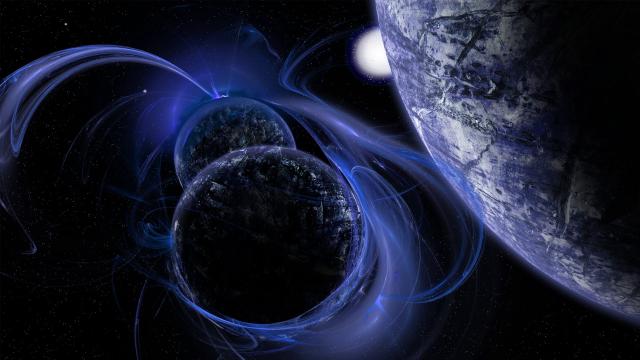
The Second Discovery Of Gravitational Waves Confirmed
Added 719 Views / 0 LikesThe Second Discovery Of Gravitational Waves Confirmed
-
07:12
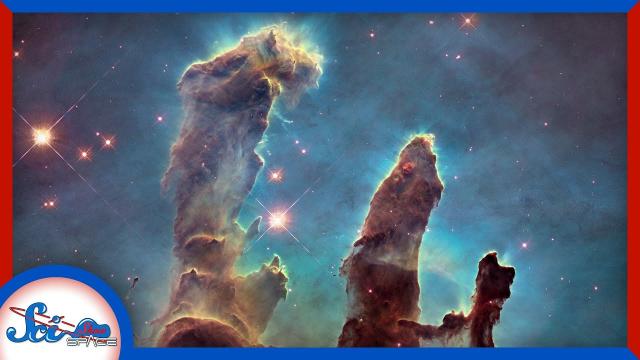
The Secret Behind Those Beautiful Hubble Images
Added 528 Views / 0 LikesSince it launched in 1990, the Hubble Space Telescope has snapped more than a million images and changed the way we see the universe, literally. SciShow has a spinoff podcast! It's called SciShow Tangents. Check it out at http://www.scishowtangents.org---
-
07:47
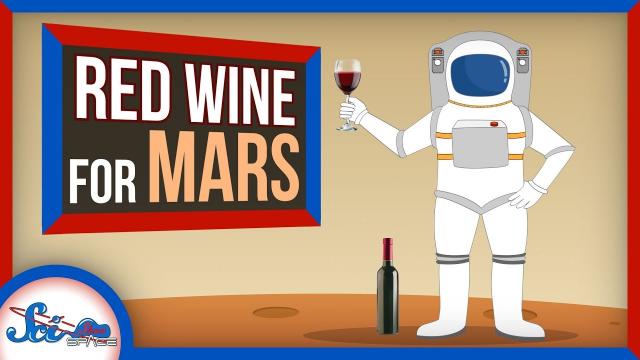
The Secrets to Living on Mars: Wine and Aerogel? | SciShow News
Added 444 Views / 0 LikesOne day we might be able to live on Mars thanks to red wine, and domes made out of a very strange material, but don't pack your suitcase just yet.Host: Hank GreenSciShow has a spinoff podcast! It's called SciShow Tangents. Check it out at http://www.scish
-
06:10
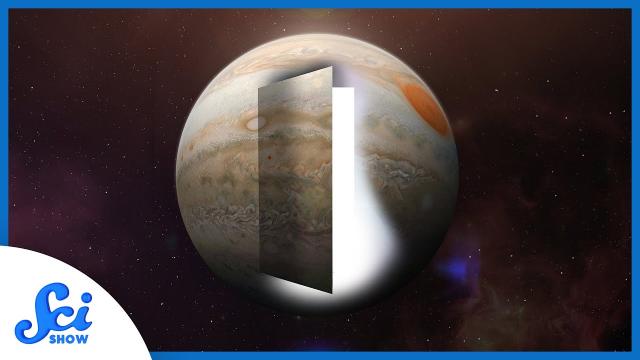
The Secrets Underneath Jupiter's Atmosphere
Added 192 Views / 0 LikesThis episode is sponsored by Wren, a website where you calculate your carbon footprint. Sign up to make a monthly contribution to offset your carbon footprint or support rainforest protection projects: https://www.wren.co/start/scishowspaceWe’ve probed so
-
06:18
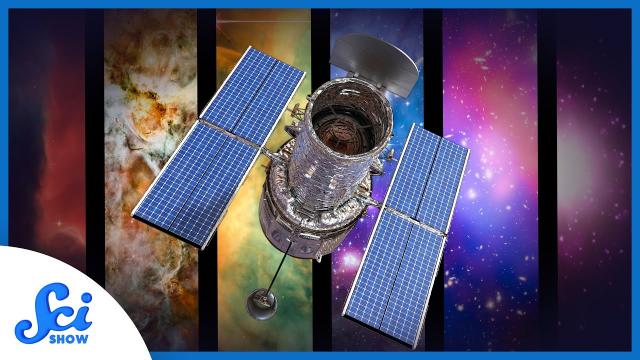
The Servicing Missions That Fixed Our Window To The Universe
Added 185 Views / 0 LikesThe Hubble Space Telescope has been sending home images of the universe for more than thirty years, but none of its work would have been possible without the many servicing missions that kept it up to date. Hosted By: Hank GreenSciShow is on TikTok! Check
-
05:50

The Simple Molecule Behind Our Complex Universe
Added 391 Views / 0 LikesAll the complexity in the universe ultimately owes its existence to one of the simplest materials possible: molecular hydrogen. And not only did this molecule play a huge role in building the universe as we know it, today, it also helps us explore it.Host
-
1:07:13
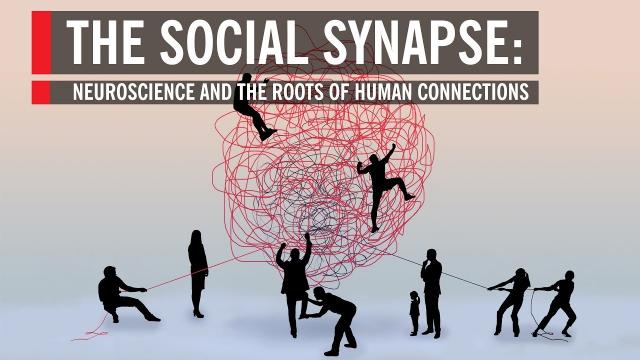
The Social Synapse: Neuroscience and the Roots of Human Connections
Added 511 Views / 0 LikesHumans work together on enormous scales to build complex tools as large as cities and create social networks that span the globe. What is the key to our success? This program examines the development of the human brain — and the brains of other animals —
-
04:34

The Solar Storm That Almost Started World War III
Added 648 Views / 0 LikesThe Solar Storm That Almost Started World War III
-
05:16
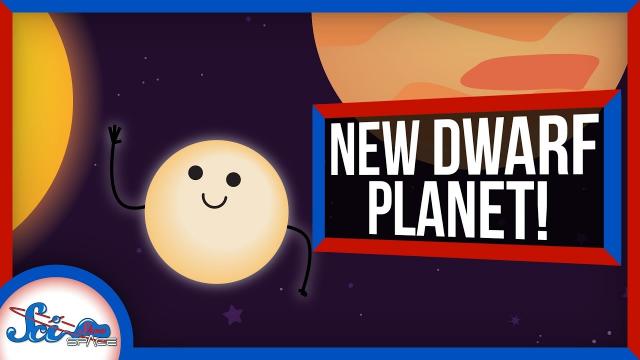
The Solar System Might Have a New Dwarf Planet! | SciShow News
Added 514 Views / 0 LikesAfter observing what we thought was just a big asteroid in the asteroid belt, a team of astronomers now thinks this might qualify as a dwarf planet. And scientists had the chance to directly observe the collision of two neutron stars for the first time.Sc
-
06:14

The Sorry State of Dark Matter Alternatives
Added 526 Views / 0 LikesScientists can’t directly observe dark matter, and they still don’t know what it is… so why are they so confident it exists?Hosted by: Reid ReimersFor special, curated artifacts of this universe, check out https://scishowfinds.com/----------Support SciSho




